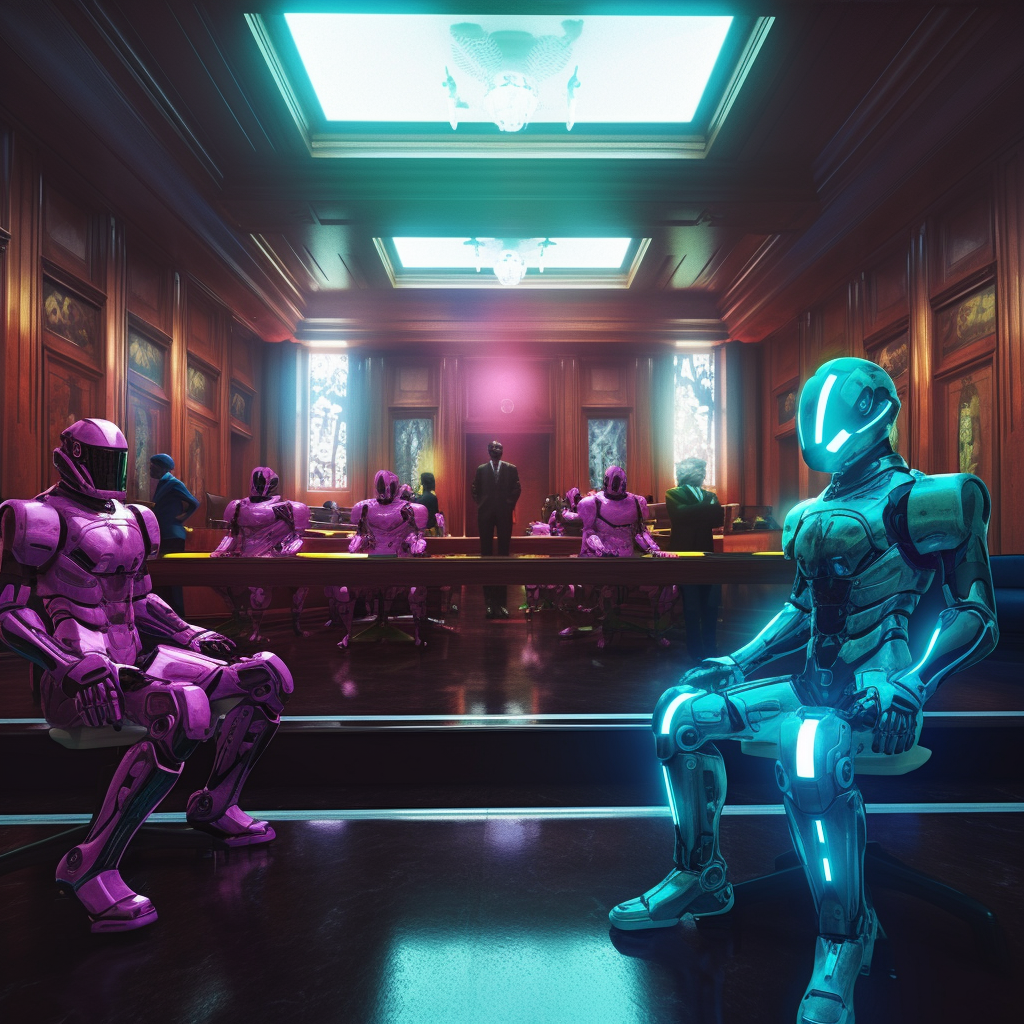November 1, 2023
Artists’ Lawsuit Against Stability AI, Midjourney, and DeviantArt Trimmed by Judge in Copyright Infringement Case
Book a Demo
A recent lawsuit filed by visual artists against Stability AI, Midjourney, and DeviantArt has been trimmed by a judge in California federal court. The artists accused these companies of misusing their copyrighted work in connection with generative AI systems. U.S. District Judge William Orrick dismissed some of the claims made by the artists but allowed them to file an amended complaint against Midjourney and DeviantArt, both of which utilize Stability’s Stable Diffusion technology.
In his ruling, Judge Orrick dismissed copyright infringement claims made by Kelly McKernan and Karla Ortiz. However, he allowed Sarah Andersen to continue pursuing her key claim against Stability. This ruling indicates that the determination of truth regarding the alleged copyright violations cannot be resolved at this stage.
It is worth noting that other lawsuits involving similar allegations of copyright infringement have been brought by various artists, authors, and copyright owners against generative AI companies. This case is part of a broader legal landscape concerning the use of AI technology in relation to copyrighted works.
Judge Orrick found the artists’ complaint defective due to several issues. These included the failure to file copyrights and the lack of substantial similarity between the original works and the AI-generated images. The judge stated that these issues contributed to the dismissal of the copyright infringement case against the AI image generator companies and DeviantArt.
Despite the dismissal of several claims, one count of direct copyright infringement against Stability AI for copying copyrighted works without authorization has been allowed to move forward. This particular count suggests that there may still be legal consequences for the AI company.
Overall, this ruling by Judge Orrick highlights the complexities and challenges surrounding the use of generative AI systems in relation to copyrighted material. It also demonstrates the need for artists, copyright owners, and AI companies to navigate these legal issues carefully to ensure the protection of intellectual property rights.



